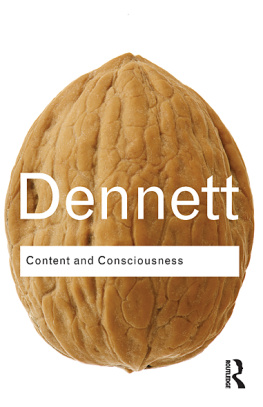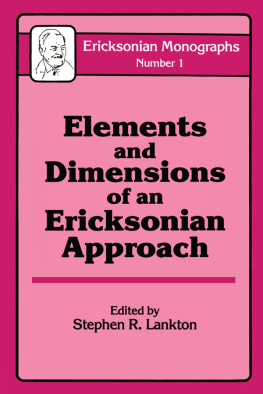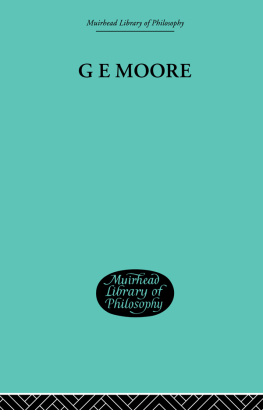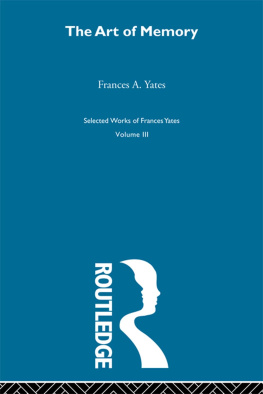MILTON AND DRYDEN
A Comparison in Poetic Ideas and Poetic Method*
I T would be hard, I imagine, to name two great poets living at the same time, who were in most ways so markedly different as Milton and Dryden are, in scope, in intent, in handling of the medium. Yet they present certain likenesses; they are subject in common to certain limitations; both had at their disposal, and used, a mass of material which we do not find much used, if at all, by other poets of their day. And if these likenesses, perhaps these limitations, are partly due, as one would expect, to their having lived in the same age, that is not the whole story.
The age they lived in was not, of course, quite the same. Milton was older than Dryden: he was born in 1608, whereas Dryden was not born until 1631, and Milton was an acknowledged poet while Dryden was still in the cradle. Yet both underwent what was apparently a very important poetic influence in their adolescent years, an influence which they both had to break away fromnamely, Sylvester's translation of Du Bartas, the Divine Weekes and Workes. To us this is an infinitely dreary fabrication; its matter and its manner are both repugnant to us; it is turgid, violent, overloadedand it is intolerably long. We can easily see, however, why it might attract two young poets, both determined to do great things, and both weary of the far more stiff" matter, intellectually and structurally, offered them by the poets whom, since Dr. Johnson's day, we have called the Metaphysicals. It is an enormous pseudo-epic, read by both when the epic, as an idea at least, was coming into fashion; it was the noblest form of poetry, and so it would appeal to two ambitious young poets. It appeared also to embody the scientific ideas of the day, the New Learning, which would be an added satisfaction. No doubt the appeal for Milton was especially in its being a poem on the Creation written by a Protestant poet; it dealt with the relation of God to man; equally characteristic is that what appealed to Dry den was not the subject-matter, but the style. Sylvester seemed to him to have hit upon a good way of writing poetry. When I was a Boy, he came to confess in the Dedication of The Spanish Fryar, I thought inimitable Spenser a mean Poet in comparison of Sylvester's Dubartas: and was rapt into an ecstasie when I read these lines:
Now, when the Winter's keener breath began
To Chrystallize the Baltick Ocean;
To glaze the Lakes, to bridle up the Floods,
And periwig with Snow the bald-pate Woods:
I am much deceivd, he added, in the disillusion and wisdom of riper years, if this be not abominable fustian. It is not without significance that the greatest work of both poets was to be religious poetry, but the difference in their attitude towards the poem is of equal significance. Milton was interested in the matter, the vastness of the conceptionthough indeed the metrical versions of the psalms he wrote as a boy of fifteen show more than traces of Sylvester's style; whereas Dryden was interested in the method, the craft. To Milton the craft was only a means, to Dryden, it was, partly at least, an end.
But though they reacted, as they were bound to react, against metaphysical poetry, it was not without its influence on their work, and to clarify this side of their writings I may perhaps be permitted to run over a few commonplaces with regard to this form of poetry. My excuse must be there was latterly, in our own day, a strong revival of interest in the metaphysical poetsnow a trifle abated; and it is worth noticing that the points of attraction were three: the subject-matter, the conceits, and the diction.
The interest in the subject-matter arose, I think, from a certain similarity of Jacobean times with our own. During Donne's life the educated world was much moved by the New Learning (which made Du Bartas' poem popular), by the beginnings of the scientific approach as best expressed in Bacon's writing; mediaevalism, with its old assumptions, was being broken down. In our day, too, many assumptions collapsed, the romantic ones we might say (to class them generally), undermined by what we can in our own turn call the New Learning, especially ethnology and psycho-analysis. I need not expatiate on the effect of either of these re-orientations of thought; but I would like to suggest that in both periods the minds of men, and especially of poets, were turned in upon their inner reactions, their own responses to emotions and ideas, especially to their emotions with respect to ideas. Metaphysical poetry, as you will remember, has been aptly described as embodying the emotional apprehension of thought: the thought is not produced as an expression of the emotion, but is itself the emotion to be expressed. But by the time Milton, and more so Dryden, came to their maturity, that attitude towards self as a curious instrument to be investigated had died down. How much through a natural process, since thought, and indeed the attitude towards life is to some extent a matter of fashionor, to give it a more grandiose name, the climate of thoughtand how much because the Civil War and all that preceded and followed it turned men's minds outward, it is impossible to say. But the fact remains that Dryden is the most impersonal of our poets; and that Milton, though a sublime egotist, perhaps because he was so ingenuous an egotist, took his thoughts and feelings for granted. In them, therefore, the commanding poets of their age, metaphysical emotionusing metaphysical in this context onlyhad no place. It is interesting to speculate, Mr. Eliot remarks, whether it is not a misfortune that two of the greatest masters of diction in our language, Milton and Dry-den, triumphed with a disregard of the soul. It is true that though the soul figures a good deal in their poetry, you never find them exploring it.







